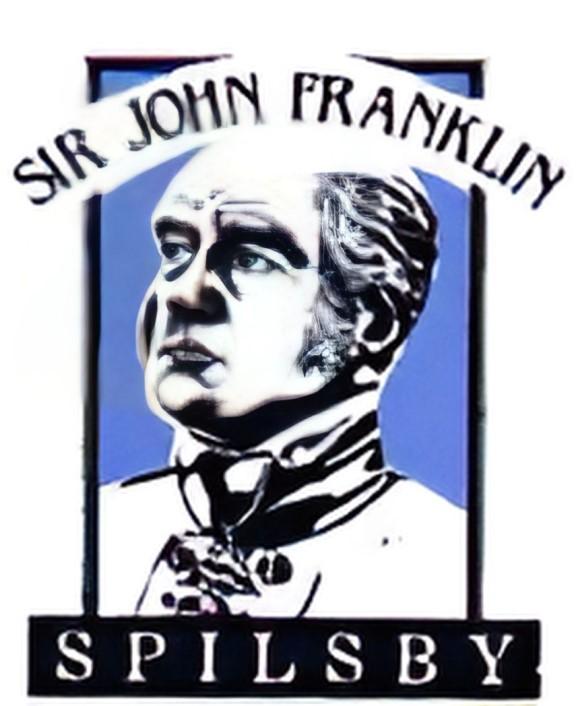Customer Service Charter

Last Reviewed: March 2024
Contents
1. Who are we?
2. Mission Statement
3. Aims
4. Objectives
Who are we?
Spilsby Town Council
Mission Statement
Spilsby Town Council will work to promote and develop the interest and diversity of this vibrant community.
Aims
• To consider and respect the views of our service users and residents of Spilsby;
• To be efficient, effective and accessible;
• To provide a quality service to the service users and the wider community as a whole;
• To be flexible and forward thinking, where possible;
• To communicate with service users and members of the public, whilst respecting confidentiality;
• To respond to service user needs;
• To have a robust complaints procedure.
Objectives
This strategy is part of the Town Council's commitment to creating and maintaining effective working relationships with all sectors of the community, based on trust, openness and constructive challenge.
